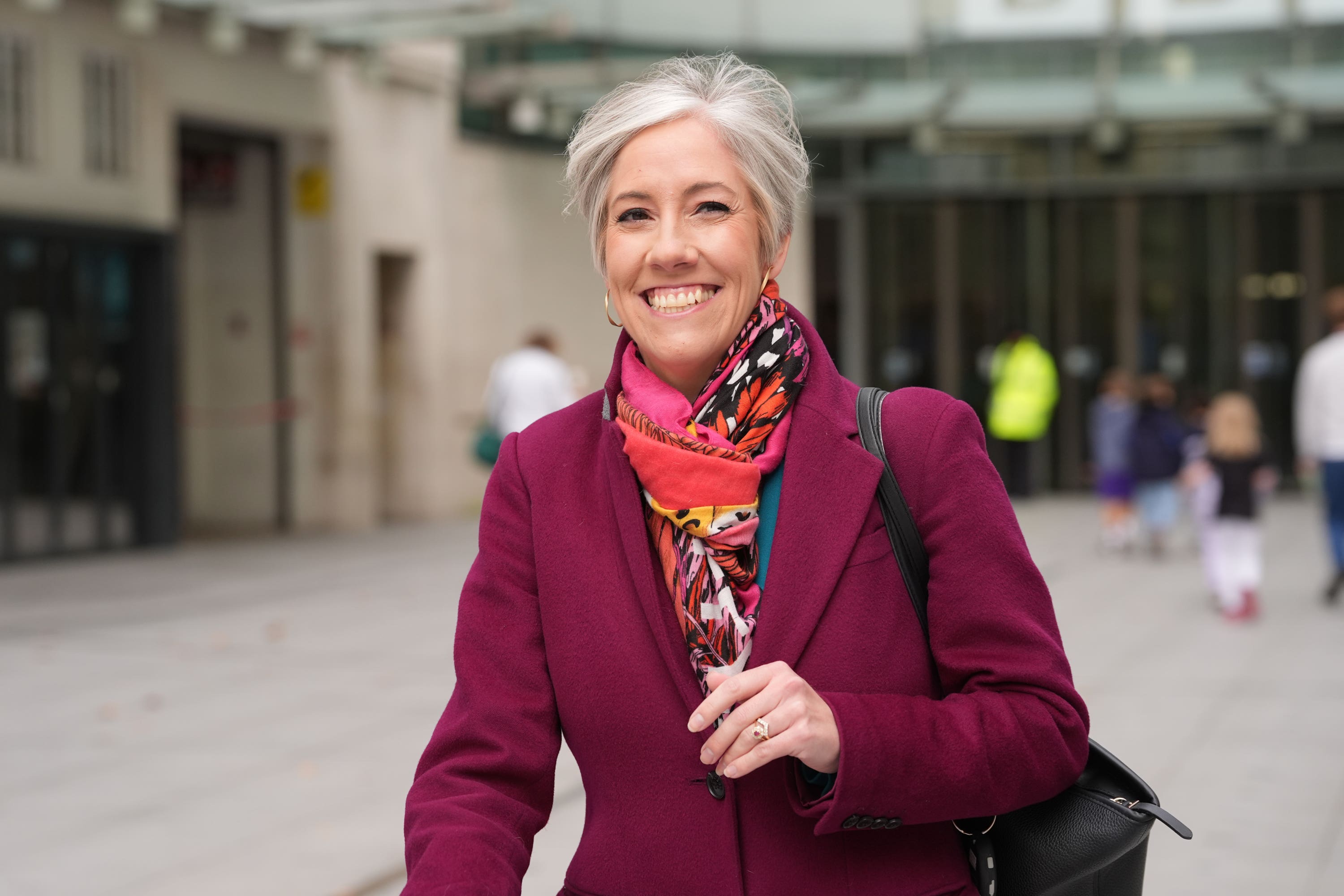Lib Dems open to the prospect of calling a Waspi vote, deputy leader signals
Daisy Cooper also said the party was facing forward to a fight with the Tories in May’s local elections.

Your support helps us to tell the story
From reproductive rights to climate change to Big Tech, The Independent is on the ground when the story is developing. Whether it's investigating the financials of Elon Musk's pro-Trump PAC or producing our latest documentary, 'The A Word', which shines a light on the American women fighting for reproductive rights, we know how important it is to parse out the facts from the messaging.
At such a critical moment in US history, we need reporters on the ground. Your donation allows us to keep sending journalists to speak to both sides of the story.
The Independent is trusted by Americans across the entire political spectrum. And unlike many other quality news outlets, we choose not to lock Americans out of our reporting and analysis with paywalls. We believe quality journalism should be available to everyone, paid for by those who can afford it.
Your support makes all the difference.The Liberal Democrats could force a Commons vote on compensation for the Waspi women, the party’s deputy leader has indicated.
Daisy Cooper suggested the Lib Dems were open to using one of their upcoming opposition day debates in the House of Commons to call for a vote on the issue.
Such a move could smoke out how many Labour MPs are unhappy with the Government’s decision to rule out paying compensation to women affected by changes to the state pension age.
We will continue to raise it in Parliament at every opportunity, and that may include an opposition day debate
“We’re very angry about it and we do think the Government needs to think again,” Ms Cooper told the PA news agency.
“I think what you can see is that there are MPs of all political parties, including on Labour’s own back benches, who are very concerned.
“So we will continue to raise it in Parliament at every opportunity and that may include an opposition day debate, but it would be too early to say.”
She added the party would “look to see what the big issues are in Parliament” when the Lib Dems receive their next opposition day debate, a chance for the party to own the Commons’ agenda for a day.
According to Ms Cooper, the Lib Dems were “really shocked” when ministers said they would not follow the recommendation of the Parliamentary and Health Service Ombudsman to give financial compensation to women born in the 1950s who saw changes to their state pension age.
The watchdog said the women should be paid up to £2,950 each, a package with a potential total cost of £10.5 billion to the public purse, as poor communication meant they had lost out on the chance to plan their retirement finances.
Ministers ruled this out, and said paying the money to members of the Women Against State Pension Inequality (Waspi) campaign would not be a fair use of taxpayer cash.
The Lib Dem deputy leader said she had been hopeful of the “very noticeable change in tone” from the Government on a variety of issues since Labour had come to power.
It was more difficult for her party to get a “straight answer out of a Conservative minister” than Labour, she said.
She acknowledged Sir Keir Starmer’s party had been left with a “terrible inheritance from the Conservatives”, but claimed Labour had made “rookie mistakes”, like the Waspi refusal and hiking inheritance tax for farmers.
Elsewhere, Ms Cooper said the Lib Dems had undergone a “big gear shift” in the five months since the general election, with their ranks swelled to 72 MPs.
This May, the party will eye up council seats across the country in the first electoral test of public opinion since the general election.
The Liberal Democrats are “still fighting the Conservatives” as their main opponent in the local polls, Ms Cooper said.
Special educational needs, social care and “the terrible state of the roads” are issues which the party plans to focus on.
While it will mainly face off with the Tories in the so-called “Blue wall” areas of southern England once held by the Conservatives, it also plans to do battle with Labour in towns like Hull.
Ms Cooper would not put a number on how many councils it plans to win, adding: “We never do. But you know, there are key places like Surrey, like Hertfordshire, other councils like that, where we hope to make some significant gains.”